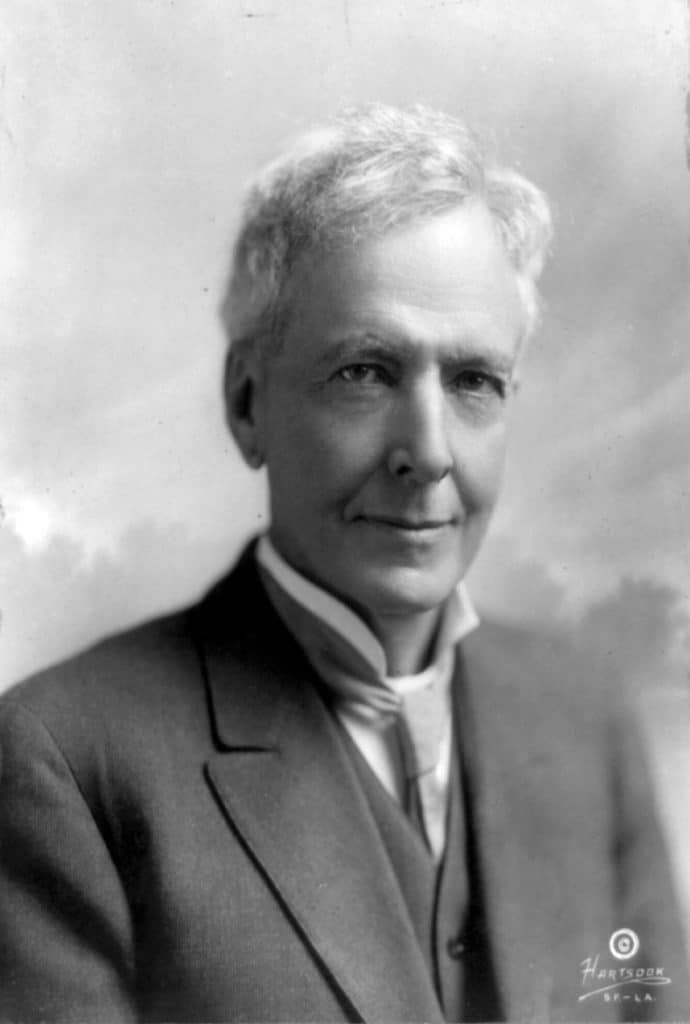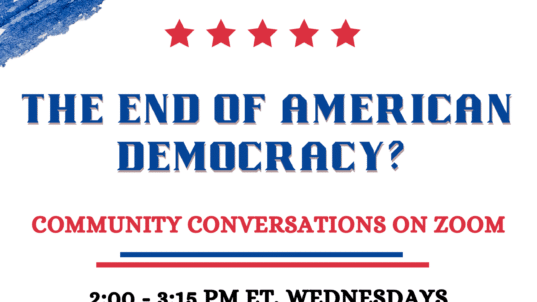
Luther Burbank (1849-1926)
Luther Burbank, born in rural Massachusetts in 1849, grew up under the long shadow of the Great Famine in Ireland, a famine that killed a million people and led millions more to emigrate from Ireland. The Great Famine began with a blight that infected Ireland’s primary food staple, the potato. Motivated by these dire circumstances, a young Luther Burbank developed a new breed of blight resistant potato, the Russet Burbank potato. When we think of “innovations” we don’t often think of vegetables, but yet the humble-seeming innovation of the Russet Burbank potato helped Ireland recover from the Great Famine.
Luther Burbank grew up on a farm as the 13th of 15 children. His father died when Luther was 18. Burbank used his small inheritance to buy a small plot of land. While he had little more than a high school education stopped, he was fascinated by the possibilities for breeding new plants through grafting, hybrid cultures, and cross-breeding. This was before the development of our modern techniques of genetic manipulation.
On his small plot of land, Burbank developed a blight resistant potato which started him on the path to becoming a plant innovator. He sold the rights to his potato and moved to California and bought another plot of land. He used this land to develop other new species of vegetables, fruits, and flowers.
Burbank suffered financially until Clarence Stark became his sponsor. Stark owned a very profitable nursery and orchard company. The sponsorship of Stark gave Luther the freedom to continue his work on innovative plants. But one major problem remained: the lack of protection for his ideas. He worked with Stark and Thomas Edison to get US patent protection for plants, an effort that eventually succeeded (though not before Burbank had passed away).
Burbank was not a success at his own personal finances, but he had the help of others to manage his business affairs. While his work was disparaged by some because of his lack of a higher-level education, he gained the support of the wealthy industrialist Andrew Carnegie. Andrew Carnegie was a big believer in Burbank and helped support him through the Carnegie Institution.
Over a 55-year career, Burbank developed over 800 new plants. The french-fries we get at a fast food restaurant today are likely from one of his potatoes. Many of the fruit varieties available to us came from his innovations. The flowers we buy at a nursery are often from his work.
Just imagine if we expand the scope of what we think of when we speak of innovation. Luther Burbank’s innovations led to enrichment in the fruits and vegetables we enjoy. You could say they also saved an economy and prevented continued famine. We often don’t think of innovation in the context of plant life. What if we were to expand our perspectives, and think of innovations in all aspects of our existence on Earth?
* * *
“Less than fifteen percent of the people do any original thinking on any original subject. The greatest torture in the world for most people is to think.” —Luther Burbank
This is part of our “Just Imagine” series of occasional posts, inviting you to join us in imagining positive possibilities for a citizen-centered democracy.



